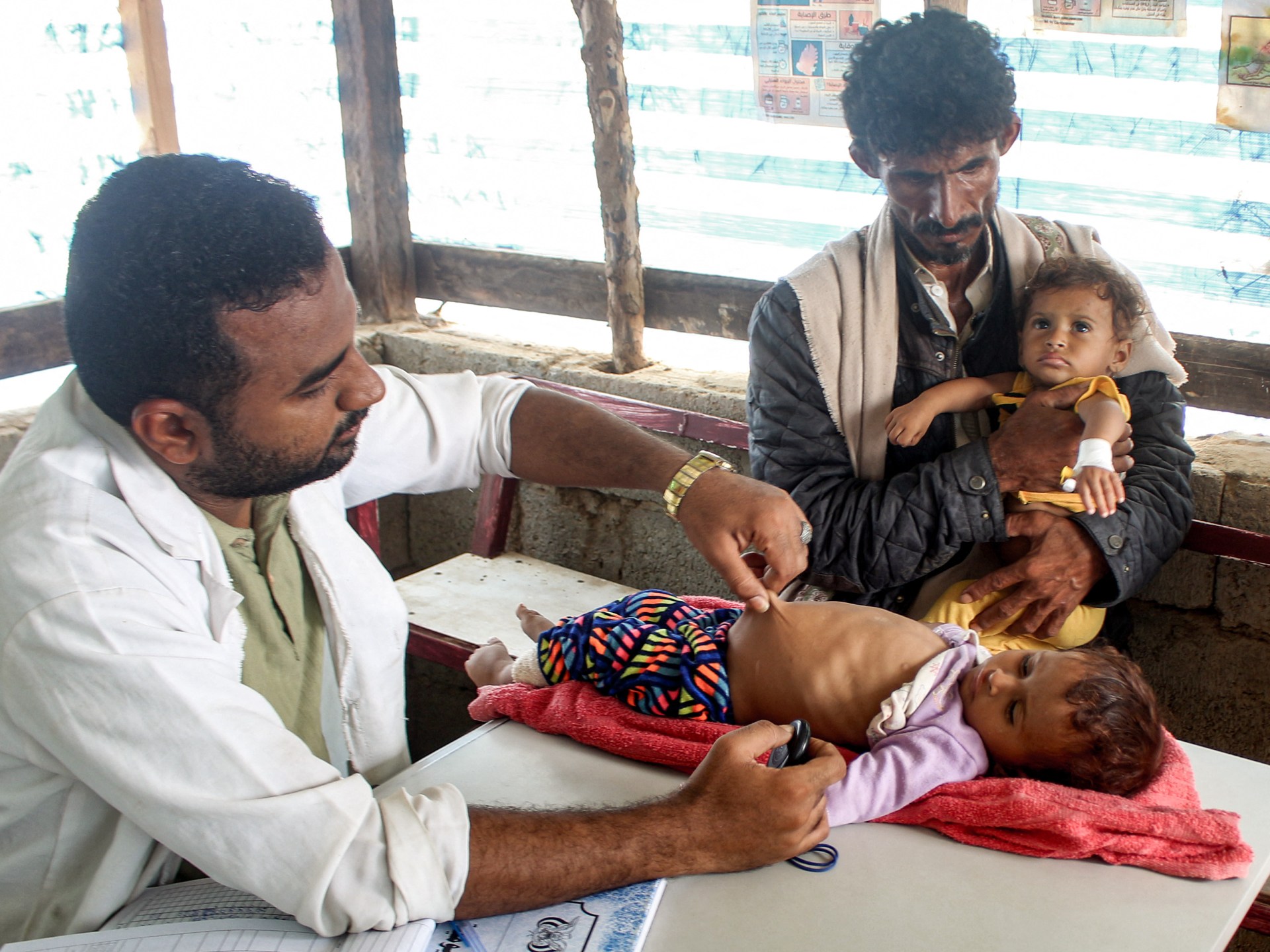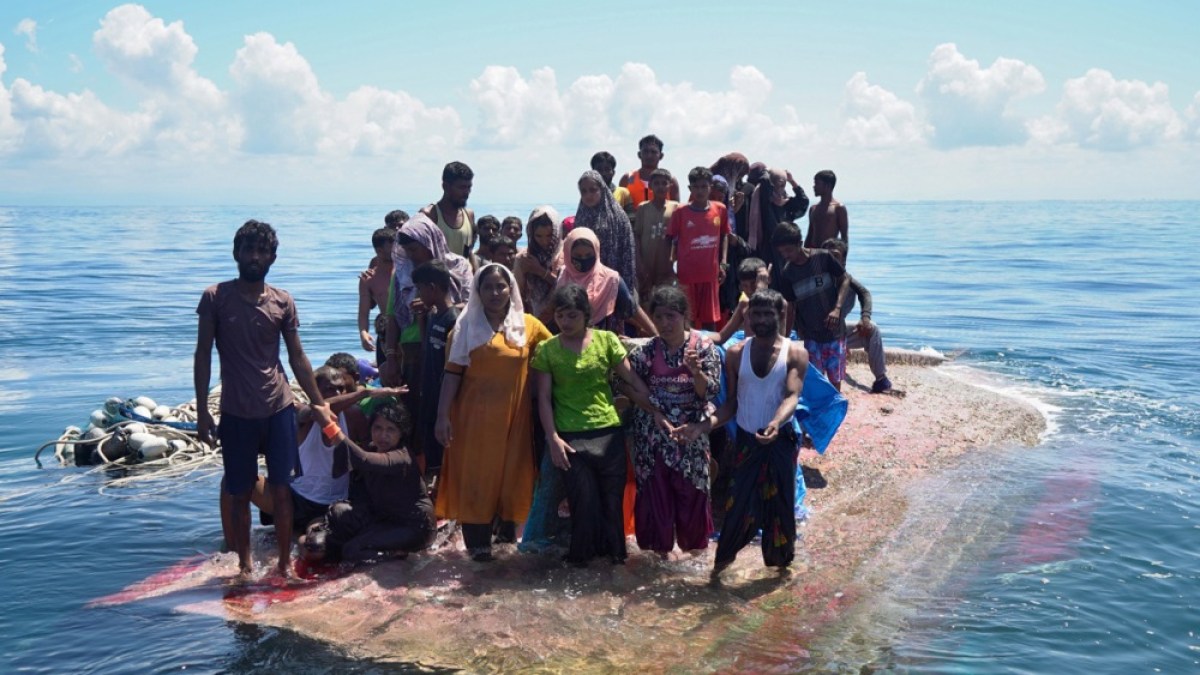

The World Health Organization (WHO) says Yemen is bearing “the highest burden” of cholera globally since an outbreak began in March.
In a statement on Monday, the United Nations agency said as of December 1, Yemen has reported 249,900 suspected cases of cholera and 861 associated deaths this year.
These numbers accounted for 35 percent of the global cholera burden and 18 percent of the world’s death toll, the WHO said.
The number of cases and deaths reported in November was 37 percent and 27 percent higher than the same month in 2023, according to the global health body.
The increase this year is “largely due to updated data” from Yemen with adjustments made to account for more detailed information from all governorates, it noted.
“The outbreak of waterborne diseases like cholera and acute watery diarrhoea imposes an additional burden on an already stressed health system facing multiple disease outbreaks. WHO and humanitarian actors are strained in their efforts to address the increasing needs due to severe funding shortages,” WHO representative and head of mission in Yemen Arturo Pesigan said.
The WHO said it has been forced to close treatment centres in Yemen amid a $20m funding gap.
Advertisement
So far, the UN agency has closed 47 diarrhoea treatment centres and is set to close another 17 at the end of the year in the impoverished country. The agency will also shut down another 39 oral rehydration centres by the end of the year.
“Lack of access to safe drinking water, poor community hygiene practices and limited access to timely treatment further hinder efforts to prevent and control the disease,” Pesigan said.
Addressing cholera in Yemen requires “urgent and comprehensive” interventions covering coordination, surveillance, laboratory capacity, case management, community engagement initiatives, water, sanitation, hygiene and oral cholera vaccinations, the agency stressed. It said timely and sufficient funding is necessary for these interventions.
According to the WHO, Yemen has experienced persistent cholera transmissions for many years, including the world’s largest outbreak in recent history from 2017 to 2020 with more than 2.5 million cases and 4,000 deaths, according to UNICEF.
WHO says as many as four million people contract cholera every year globally.
Related News

‘Abandoned’: Ukraine war veterans who fought Russia feel snubbed, forgotten

Imran Khan, Bushra Bibi face ‘terrorism’ charges after Islamabad protests

Sri Lanka Navy rescues over 100 Rohingya adrift in the Indian Ocean


